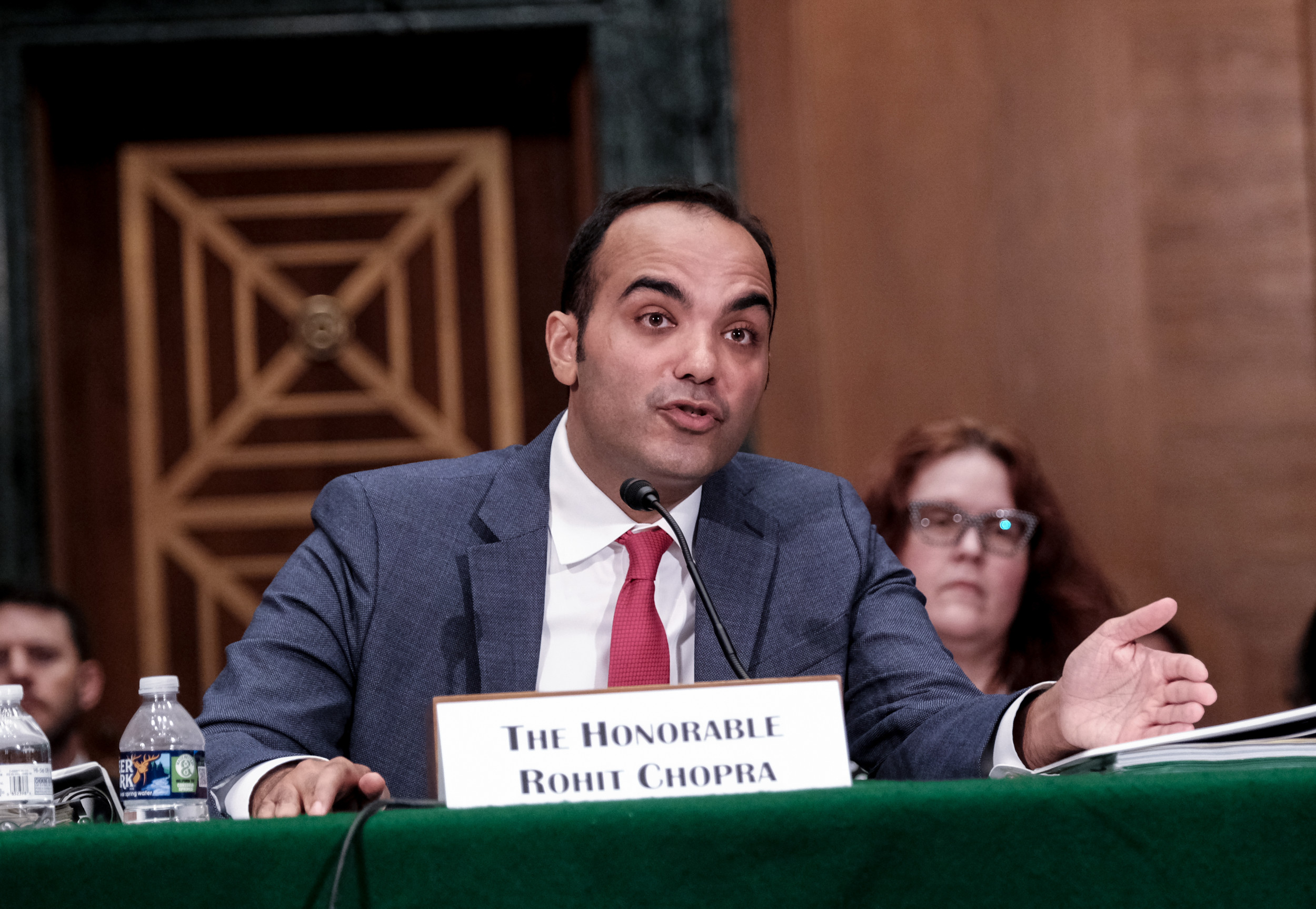An explosion in a taxi outside a Liverpool hospital was confined by the driver, locking the passenger with the homemade bomb inside the car, limiting the explosion that killed only the armed passenger and injured the driver on Monday, the Associated Press reported.
The passenger had been picked up in the taxi and asked to be taken to the Liverpool Women's Hospital where the explosion occurred.
Liverpool Mayor Joanne Anderson said the taxi driver locked the doors of his cab so the passenger couldn't leave the vehicle, although police did not confirm this account.
"The taxi driver, in his heroic efforts, has managed to divert what could have been an absolutely awful disaster at the hospital," Anderson told the BBC.
The driver, named by local media as David Perry, escaped the car and was treated in the hospital.
British investigators said they were treating the explosion as a terrorist incident, but the motive remains unclear.
Prime Minister Boris Johnson said the driver appeared to have behaved "with incredible presence of mind and bravery."
Johnson further condemned the attack, saying, "We will never give in to those who seek to divide us with senseless acts of violence."
For more reporting from the Associated Press, see below.

The Joint Terrorism Analysis Centre raised the U.K. threat level from substantial—meaning an attack is likely—to severe, meaning it is highly likely, following the U.K.'s second fatal incident in a month. Conservative lawmaker David Amess was stabbed to death in October in what police said was an act of terrorism.
A male passenger in a taxi was killed and the driver injured when a blast ripped through the vehicle as it pulled up outside the hospital on Sunday morning. Russ Jackson, the head of Counterterrorism Policing in northwest England, said the explosion was caused by "the ignition of an explosive device" that was brought into the vehicle by the passenger.
Three men in their 20s were arrested elsewhere in the city under the Terrorism Act on Sunday, and a fourth was detained on Monday. All are believed to be "associates" of the dead passenger, police said.
Suspicions about a motive for the explosion have been aroused by the timing—just before 11 a.m. on Remembrance Sunday, the moment people across Britain hold services in memory of those killed in wars.
Jackson said investigators had not found a link to remembrance events, "but it is a line of inquiry we are pursuing."
"Although the motivation for this incident is yet to be understood, given all the circumstances, it has been declared a terrorist incident," he said at a press briefing.
Police said officers had searched two addresses in the city linked to the passenger and found "significant items" at one of them.
Nick Aldworth, a former senior terrorism investigator in Britain, said the taxi appeared to have sustained "a lot of fire damage with very little blast damage."
He said "whatever was in that vehicle was either a low yield or didn't work properly, or possibly an incendiary. So I think it's very much open to debate at the moment about what has happened."
Britain's official terrorism threat level was lowered from "severe" to "substantial" in February. It has been at severe most of the time since 2014, briefly rising to "critical" amid a spate of violent attacks in 2017.
The Joint Terrorism Analysis Centre sets the threat level based on intelligence about international terrorism at home and overseas.
Britain has experienced attacks by both Islamic and far-right extremists over the years, including a May of 2017 suicide bombing at an Ariana Grande concert in Manchester that killed 22 people.
Amess was stabbed to death October 15 while meeting with constituents, in what police said was an act of terrorism by a supporter of the Islamic State group. The slaying came five years after Labour Party lawmaker Jo Cox was shot and stabbed to death by a far-right extremist.
Uncommon Knowledge
Newsweek is committed to challenging conventional wisdom and finding connections in the search for common ground.
Newsweek is committed to challenging conventional wisdom and finding connections in the search for common ground.





